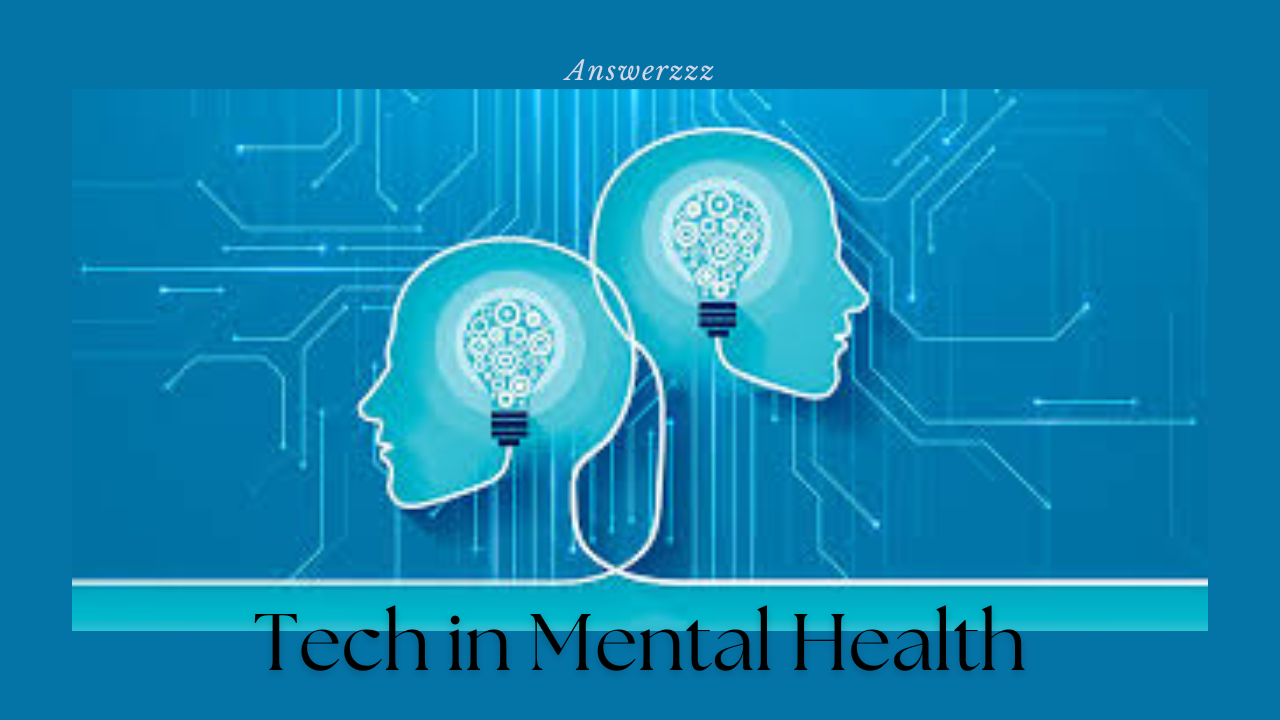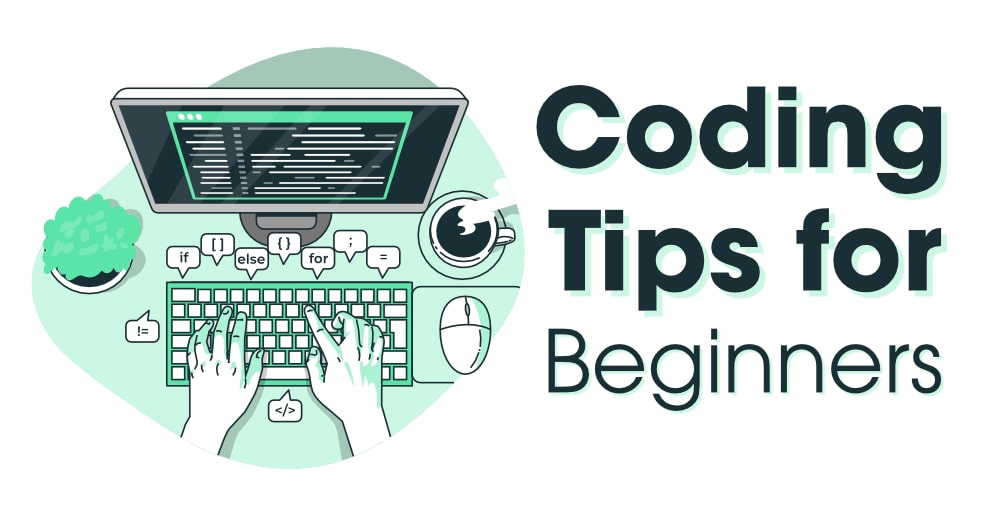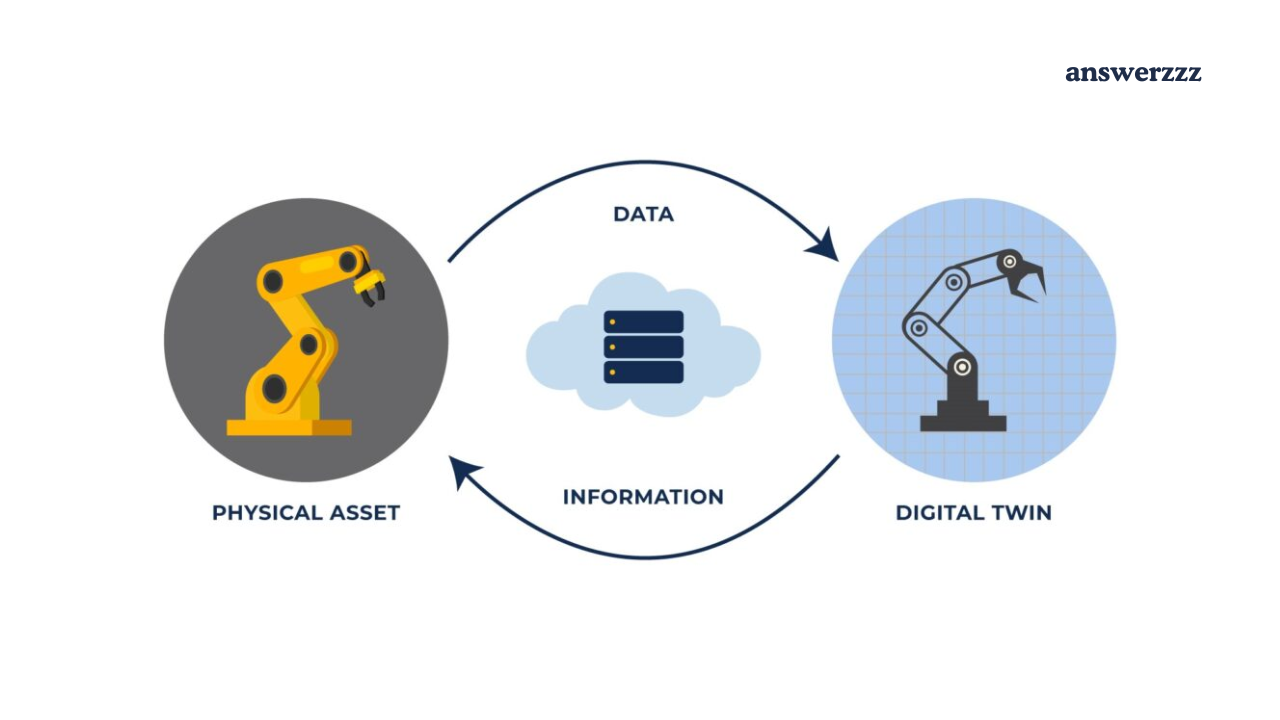The intersection of technology and mental health has become a focal point of discussion in recent years. As mental health challenges continue to rise globally, the integration of innovative technologies like artificial intelligence (AI) into therapeutic practices offers new hope for individuals seeking support. This article explores the multifaceted role of AI in therapy, examining its benefits, challenges, and prospects. By understanding how AI is transforming mental health care, we can better appreciate its potential to enhance therapeutic outcomes.
Understanding AI in Mental Health

Artificial intelligence refers to computer systems designed to perform tasks that typically require human intelligence. In the context of mental health, AI encompasses a variety of tools and applications, including chatbots, virtual therapists, and predictive analytics. These technologies are increasingly being utilized to complement traditional therapeutic methods, providing accessible and efficient mental health support to a diverse population.
One significant advantage of AI in mental health is its capacity to process vast amounts of data rapidly. This ability allows AI systems to analyze patient histories, identify patterns, and generate personalized treatment recommendations. As a result, AI can facilitate a more tailored approach to therapy, improving the effectiveness of interventions.
The Rise of AI-Powered Chatbots
AI-powered chatbots have emerged as a popular tool in the realm of mental health support. These virtual assistants are designed to engage users in conversations, providing immediate assistance and resources for those experiencing emotional distress. Chatbots can offer a range of services, from providing information about mental health conditions to guiding users through coping strategies.
One notable example is Woebot, an AI chatbot that uses principles of cognitive-behavioral therapy (CBT) to help users manage their mental health. Woebot interacts with users via text messages, offering support and strategies for dealing with anxiety, depression, and stress. Research has shown that users of Woebot report reduced levels of anxiety and improved emotional well-being, highlighting the potential of AI chatbots as effective therapeutic tools.
Revolutionizing UX Design with AI: The Future of User Experience
Enhancing Access to Therapy
Access to mental health services remains a significant barrier for many individuals, particularly in underserved communities. AI technology has the potential to bridge this gap by providing affordable and easily accessible therapeutic options. Virtual therapy platforms powered by AI can connect users with licensed therapists, allowing for flexible scheduling and reduced costs.
For example, platforms like BetterHelp and Talkspace utilize AI to match users with therapists based on their needs and preferences. By streamlining the process of finding a therapist, these platforms make mental health support more accessible to a broader audience. This increased accessibility is crucial in addressing the mental health crisis, as many individuals may hesitate to seek help due to stigma, cost, or geographical limitations.
AI and Personalized Therapy
Personalization is a key factor in the effectiveness of mental health treatment. Traditional therapeutic approaches often follow a one-size-fits-all model, which may not address the unique needs of each individual. AI has the potential to revolutionize this aspect of therapy by providing personalized treatment plans based on data-driven insights.
AI algorithms can analyze patient data, including responses to assessments and self-reported symptoms, to create tailored therapy plans. For instance, a machine learning model may identify specific coping strategies that work best for an individual based on their history and preferences. This personalized approach not only enhances the effectiveness of treatment but also fosters a greater sense of ownership and engagement in the therapeutic process.
The Role of Predictive Analytics
Predictive analytics, a subset of AI, plays a crucial role in identifying individuals at risk of mental health issues. By analyzing large datasets, predictive models can identify patterns that may indicate the onset of mental health conditions. This early detection is vital, as it allows for timely intervention and support, potentially preventing more severe mental health crises.
For example, researchers are developing AI systems that analyze social media activity to predict mental health issues. By examining factors such as language use, posting frequency, and engagement patterns, these systems can identify individuals who may be at risk of depression or anxiety. By proactively reaching out to these individuals, mental health professionals can offer support before conditions escalate.
Overcoming Challenges in AI-Driven Therapy
While the integration of AI in mental health therapy presents numerous benefits, it is not without challenges. One significant concern is the issue of data privacy and security. Mental health data is sensitive, and ensuring the protection of patient information is paramount. Developers and mental health professionals must prioritize robust security measures to safeguard user data and maintain confidentiality.
Additionally, the effectiveness of AI in therapy relies heavily on the quality of the algorithms and data used. Poorly designed AI systems may produce inaccurate recommendations or fail to understand the nuances of human emotion. Continuous evaluation and refinement of AI tools are essential to ensure their reliability and effectiveness in therapeutic settings.
The Importance of Human Connection
Despite the advancements in AI technology, the importance of human connection in therapy cannot be overlooked. While AI can provide valuable support and resources, it cannot replicate the empathy and understanding that a trained therapist offers. Many individuals seeking therapy value the personal connection and validation that comes from interacting with a human professional.
Therefore, the most effective approach may involve a hybrid model that combines AI-driven tools with traditional therapy. This integration allows for the efficient delivery of resources while maintaining the essential human element of mental health care. By leveraging AI to support therapists, practitioners can enhance their effectiveness and provide more comprehensive care to their clients.
Future Prospects of AI in Mental Health
The future of AI in mental health therapy looks promising, with ongoing advancements and research in this field. As technology continues to evolve, we can expect to see more sophisticated AI applications designed to enhance therapeutic practices. These innovations may include improved natural language processing capabilities, enabling AI systems to better understand and respond to human emotions.
Furthermore, ongoing research into the efficacy of AI in therapy will contribute to the development of evidence-based practices. As more data is collected on the outcomes of AI-driven interventions, mental health professionals can make informed decisions about integrating these technologies into their practice.
The integration of AI in mental health therapy represents a significant shift in the way we approach mental health care. From enhancing access to therapy and providing personalized treatment options to leveraging predictive analytics for early detection, AI holds the potential to transform the landscape of mental health support. While challenges remain, the future of AI in therapy appears bright, offering new opportunities for individuals seeking help in managing their mental health. By embracing these technological advancements, we can pave the way for a more accessible, effective, and compassionate mental health care system.

The role of AI in mental health therapy is multifaceted and continually evolving. As we continue to explore and develop these technologies, it is crucial to maintain a focus on ethical considerations, data privacy, and the importance of human connection in the therapeutic process. By doing so, we can harness the full potential of AI to improve mental health outcomes for individuals around the world.




